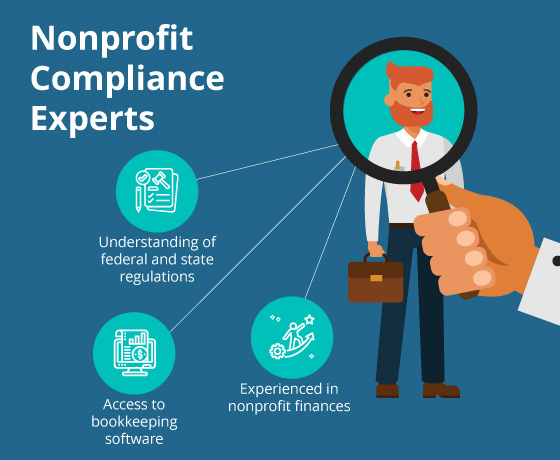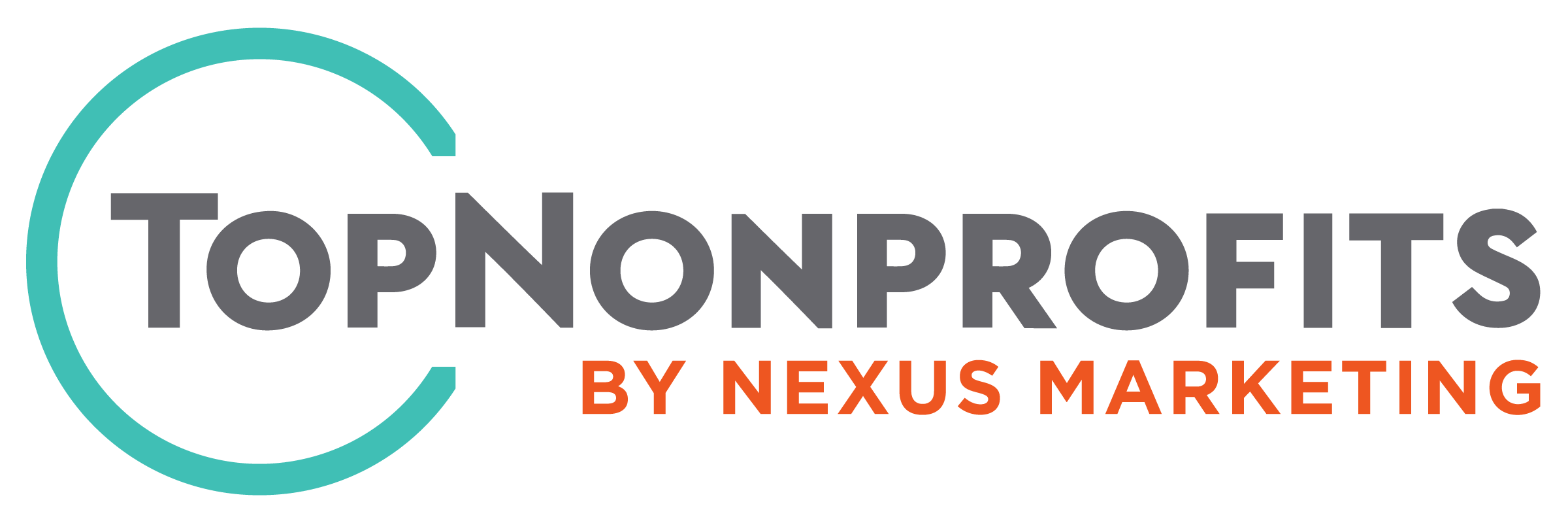Whether you’re investing in fundraising software or paying for programs to fulfill your mission, your nonprofit’s budget requires careful allocation of expenses. Payroll is one of the most significant of these expenses, not just because it’s a necessity but because staff members deserve fair compensation for their professional dedication to your cause.
This means you must carefully allocate your payroll expenses—but how? In this guide, we’ll explore how to manage payroll for your staff. Let’s get started!
1. Track employee hours.
The first step to effectively manage staff payroll is to gain a holistic understanding of your employees’ efforts and compensation. Track their activities, including:
- Hours worked
- Overtime, if applicable
- Rate of pay
According to Foundation Group’s 501(c)(3) status revocation guide, keeping complete and accurate financial records is the best way to protect your organization against noncompliance issues—and this includes employee data! This data is crucial to effective financial management and nonprofit compliance, especially for annual filings such as Form 990.
2. Allocate expenses by functional classification.
The details about your staff’s activities can also help you gain a better understanding of how much it costs to fund your nonprofit’s programs. For example, an animal shelter’s adoption program might need employees to handle adoption paperwork and update pets’ information on the nonprofit’s website. The number of employees, amount of time, and other resources needed to complete these tasks contribute to the overall cost of the program.
Manage staff payroll over time by allocating payroll expenses to the proper functional classification. This allows your nonprofit to budget more accurately and understand where staff time is being spent.
Also, establish a consistent and reliable system for categorizing payroll expenses. With this approach to compensation, you’ll be better equipped to forecast future expenses and determine how to effectively spread employee efforts across your organization.
3. Monitor tax law compliance.
Despite their tax-exempt status, nonprofits must still follow certain tax requirements when managing staff payroll, such as filing Form 990. According to Double the Donation’s nonprofit accounting guide, nonprofits must also issue Form 1099 to contract workers who are paid at least $600 for their services.
Additionally, nonprofits must deduct payroll taxes from employees’ paychecks. While specific guidelines depend on the state your nonprofit operates in, here are some payroll taxes your nonprofit may need to pay:
- Social Security and Medicare
- Federal income tax withholdings
- State taxes
You’ll also need to comply with tax regulations related to employee benefits, such as retirement plans, health insurance, and worker’s compensation. Familiarize yourself with any relevant requirements and properly document all deductions.
Note that, while churches are considered nonprofits, they may follow different rules when it comes to FICA taxes. For example, rules are sometimes different for clergy staff, but not non-clergy. Ultimately, these rules are situationally dependent. If you’re currently leading or learning how to start a church, check for exemptions to employee taxes.
4. Consult a compliance expert.
Aside from payroll, your nonprofit’s finances also include diverse revenue sources and expenses that must all be carefully balanced. A nonprofit bookkeeping and compliance professional will help keep your records in check, making sure you don’t leave anything out when managing staff payroll. To get the help your nonprofit needs, find a professional who:

- Understands federal and state regulations: A bookkeeping or compliance expert should understand the ins and outs of nonprofit employee compensation, such as whether or not your organization is subject to payroll taxes or how to categorize appreciation gifts. Just be sure to recruit an expert with knowledge about your state or local area.
- Has access to bookkeeping software: The right digital tools can help your nonprofit track important payroll data and combine it with the myriad of other financial records you keep. This way, you can access analytics and reports for deeper insights into how compensation factors into the rest of your nonprofit’s finances.
- Is experienced in nonprofit finances: Remember, nonprofit finances and payroll aren’t like that of any other organization. You’ll need the expertise of someone who understands your unique tax deductibility and compliance requirements, and who can dedicate their full time and attention to it! After all, bookkeeping and compliance are by no means part-time jobs.
In addition to seeking professional help with your nonprofit’s books, you can also consult a compensation expert for specific questions about your approach to paying employees. Look for an expert who specializes in total rewards, which involves direct forms of compensation (such as salaries) as well as indirect forms of compensation (like paid time off and retirement benefits). This helps ensure your approach to payroll is well-balanced and considers all your employees’ needs.
As a nonprofit professional, you know the importance of showing your appreciation for those who make your work possible. Beyond safeguarding your nonprofit against noncompliance penalties or preserving your reputation, a careful compensation approach is the right thing to do for your employees because they’re at the core of your organization’s work.
Take this task seriously, and don’t be afraid to lean on professional help and expertise to ensure you get it right. When you follow these tips to manage staff payroll effectively, your nonprofit will more efficiently utilize its budget and make the most of employees’ efforts. Plus, employees will be more motivated to work diligently for your cause when they see the lengths you go to for a healthy approach to compensation.
